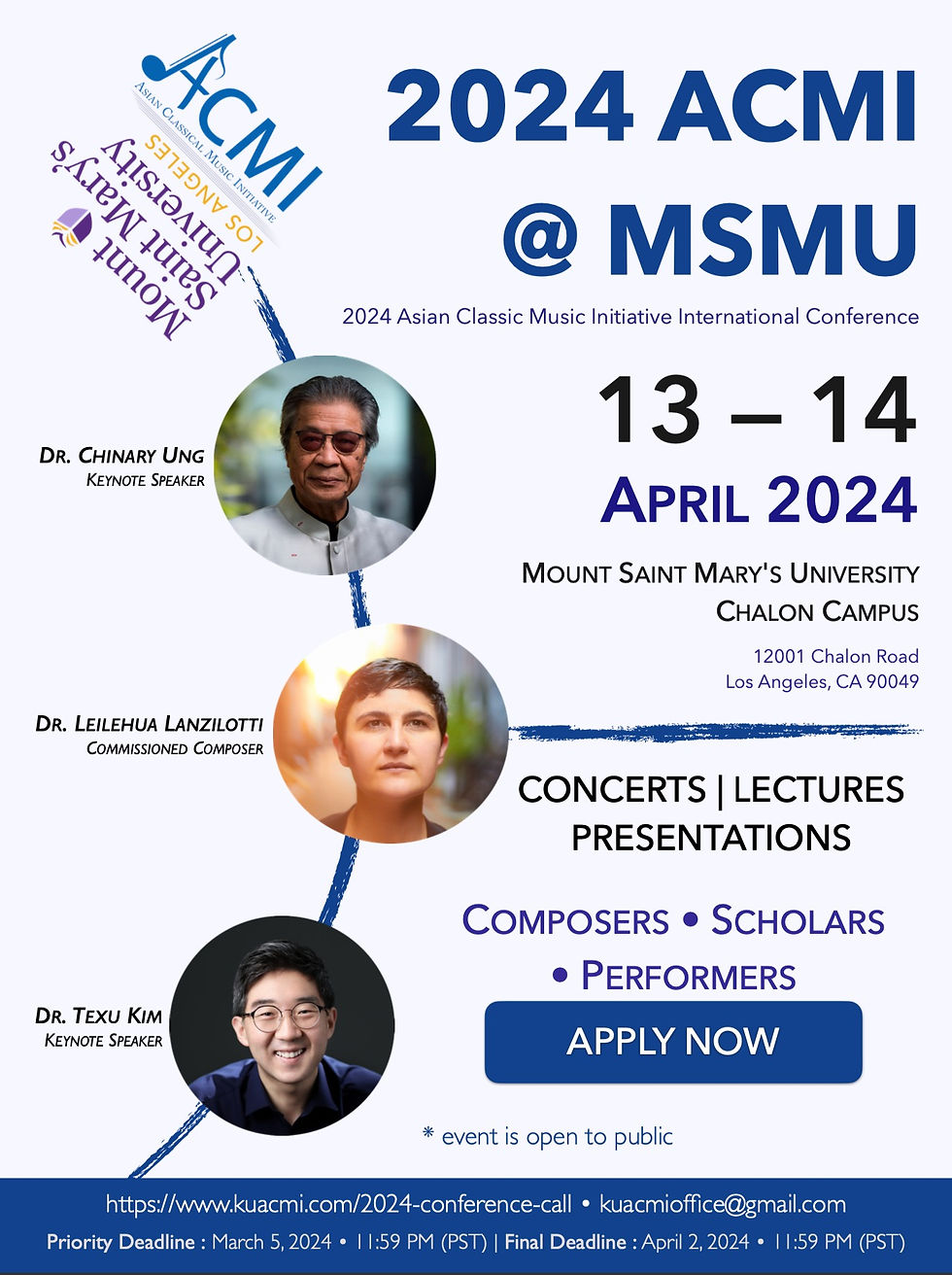Many people think of classical music as a thing of the past. Its compositions have stood the test of time, holding a unique place in cultural history. Works by people like Bach, Mozart, Brahms, Beethoven, Mahler, Wagner, Schubert, and more still have the industry in a chokehold, dominating elite classical music institutions and programs worldwide. However, classical music is undergoing a remarkable transformation. The world today is immensely diverse, and musicians are reimagining classical works, infusing them with new perspectives and cultural influences. So, instead of fading into stagnancy, classical music is expanding thanks to the dedication of musicians who are reshaping its narrative and relevance in ways that continue to captivate.

Dr. Xenia Deviatkina-Loh, a talented violinist, pedagogue, and advocate for diversity in classical music, is one of the individuals leading the charge for change. Born in Sydney, Australia, and now residing in Los Angeles, Deviatkina-Loh’s journey with the violin began with her mother. “I was a fidgety child,” she jokes. “And she thought, hey, let’s get her into violin. Maybe my kid will be less fidgety.”
(That plan never worked out. Deviatkina-Loh is, she admits, still very fidgety.)
While she found her passion for classical music early in life, Deviatkina-Loh’s pursuit of that track also revealed the inequalities entrenched within the industry. She became acutely aware of the challenges faced by musicians from low-income or underrepresented backgrounds. “It isn’t just down to basic costs, like violins,” she says. “Your strings, bows, maintenance, and lessons all amount to a big dollar sign.”
“A kid in college, if they want to pursue [violin], the instruments probably go between a four-figure to a low five-figure. It shouldn’t be normalized,” she insists. “Where does that money come from? Not every family has the financial stability to do that.”
Deviatkina-Loh is not one to shy away from a challenge. Recognizing the need for change, she got involved with the Asian Classical Music Initiative (ACMI). “It’d be easy if I just put my head down, which is such an Asian thing to do, right?” she says. “But I was always that kid who told my mom, ‘this isn’t fair.’”
The ACMI is a pioneering effort committed to promoting the work of AAAPI classical music composers and musicians. Founded by graduate students at the University of Kansas, ACMI holds concerts and conferences to raise awareness and celebrate the cultural traditions of Asia, Asian America, and the Pacific Islands.
ACMI’s work comes at an important time when conversations about DEI (diversity, equity, and inclusion) are at the forefront of both the classical music industry and the wider world. The initiative aims to address the often-invisible racial inequalities within the classical music community, particularly for Asian and Asian-American individuals. As a platform, ACMI offers musicians of all backgrounds a place to showcase their talents and contribute to a more inclusive classical music landscape.
“It’s hard,” Deviatkina-Loh says. “It’s a lot of work, and yeah, that’s a reality. People don’t get comfortable with you speaking up.”
Deviatkina-Loh’s work with ACMI is part of a larger movement within the industry to make a positive impact on issues related to diversity, representation, and inclusion. While there has been some progress made in recent years, there is still much work to be done to make sure that musicians of all backgrounds are given equal opportunities. ACMI’s efforts, along with those of individuals like Dr. Deviatkina-Loh, are paving the way for a classical music community in which talent knows no boundaries.

Comments